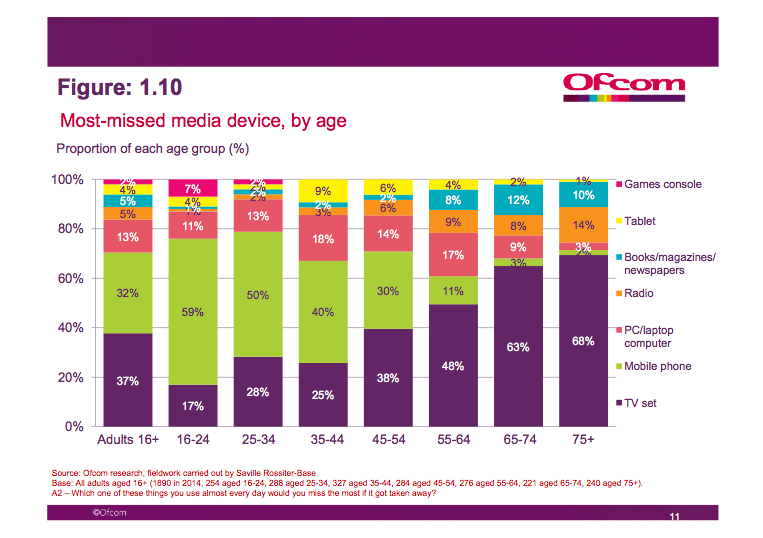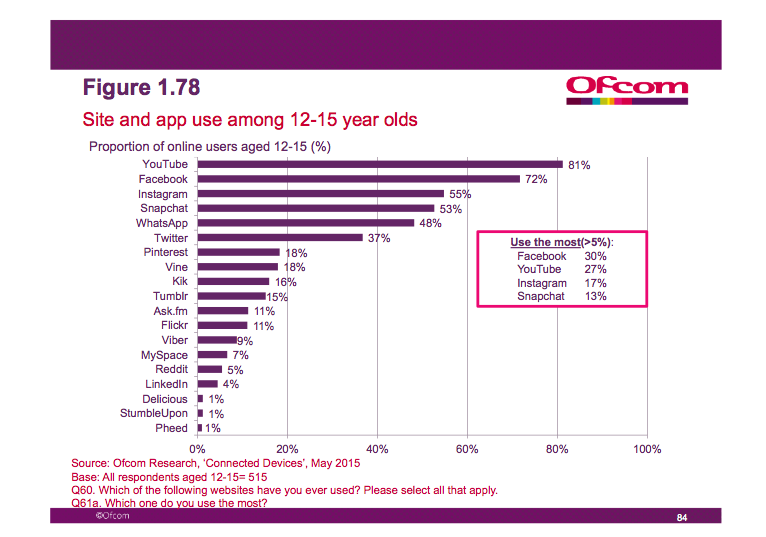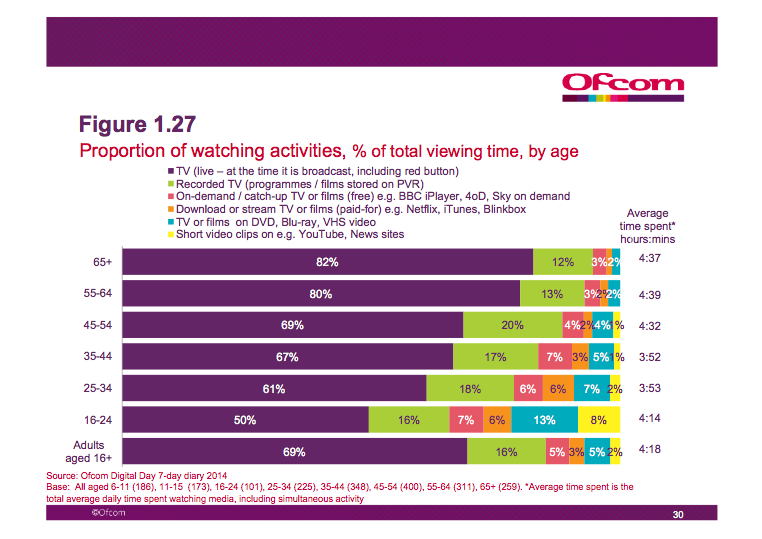For the last five to ten years Microsoft has come under a lot of criticism, and quite rightly so, for constantly lagging behind in the consumer technology arena. It seems that under Steve Ballmer anything that threatened Microsoft's cash cows such as it's desktop OS (XP, Vista, 7 etc.) and Office products were immediately thrown out. This caused a long period of stagnation, as you can see in the chart below, and it wasn't until mid-2013 when Ballmer announced his retirement that the stock price began to rise again.
Microsoft has seen some awful products over this time period with the most memorable being Windows Vista, Windows 8, the first Surface, and of course it continued to pump out useless versions of Internet Explorer.
It does seem now though that Microsoft is making some what of resurgence - it's stock price is up, it has a new boss - Satya Nadella, and it's released details of some exciting new products. All is explained below.
Financials
Since around 2002 Microsoft's share price has been pretty flat at between $25 - $30 but since mid-2013 it's started to rise and now sits at about $40 after a peak of $50 in late 2014. This says to me that there's some confidence out there about the future of Microsoft and it's P/E ratio of 16 backs that up too.

The company's financials are also looking up. In 2014 revenue was almost $87 Billion which is $13 Billion more than 2012. R&D spending is up and so is profit which now sits at just over £22 Billion.
These increases are set to continue through 2015 with the introduction of Windows 10, probably a new Surface tablet and the expected upgrades when Server 2003 goes out of service.
Office on all devices
Something Microsoft has always done well with is it's Office products. Everyone learns them in school and everyone uses them in their day to day lives - they're pretty good products. However, under Ballmer Microsoft seemed very wary of messing with this cash cow. Office was never really available (and if it was it was unusable) on mobile devices and has always worked best on PCs. Now though they have developed versions for Android and iOS, and they're really quite good. They've also opened up to a new business model which is offering subscription rather than a one type payment which really works in their favour.
This is a great step in the right direction for Microsoft and one of their biggest products.
Windows 10
Everyone hated Windows 8 - it only worked properly on touch screens and some it did away with some basic features that users were used to on previous versions e.g. the 'Start' button.
Windows 10 is currently in Technical Preview (Beta) stage which is expected to end April this year and so far has received positive reviews. The interface looks clean, simple and brings back the start button. They're also bringing universal apps so developers can develop once for Microsoft and their app will then work across all Microsoft devices including mobile.
There'll also be a new browser, codenamed Spartan, which promises to be much better than Internet Explorer. Cortana, Microsoft's (better) version of Siri will also be available on Windows 10.
With an expected release date later in 2015 it should be a positive step for the company.
HoloLens
A really innovative future product for Microsoft, Hololens hopes to bring holograms to our everyday lives - and it looks pretty cool. This has to be the most innovative product we've seen from Microsoft and although it won't be a consumer product for a good few years yet it gives a great glimpse in to the way the company is thinking and it looks like they're thinking about the future rather than just iterating their current cash cows.
I'm not going to attempt to describe HoloLens - it won't do it justice. Have a look at this link.
Mobile
This is an area where Microsoft have really struggled in the past and I they're still not there yet. Even with the acquisition of Nokia mobile sales are no where even near those of iOS or Android and although the Surface 3 is a great tablet it's again not even coming close to the iPad in terms of sales. I'm sure Windows 10 will go some way to enhancing their mobile offering but I'm not convinced it'll make much of a dent. I think they should be going after the business customers that left Blackberry but I guess we'll have to wait and see.
On the whole then I'd say things are looking up for Microsoft. They've got some great products in the pipeline that look they can easily compete with the likes of Apple and Google as well as keep their loyal users happy. It'll be an interesting year for Microsoft that I look forward to following.










